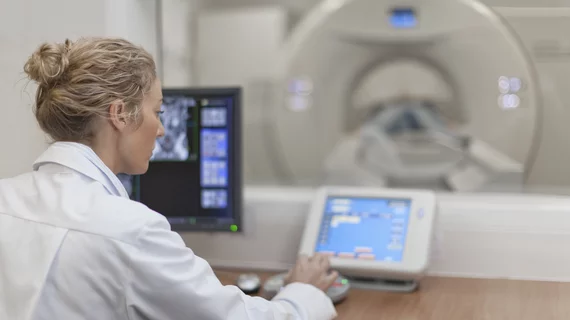HeartVista's one-click MRI software receives FDA clearance
The world of cardiac imaging received welcome news this week when HeartVista announced their One-Click MRI software received Food and Drug Administration clearance for use on Seimens Healthineers MRI scanners.
It is HeartVista’s hope that their one-click cardiac localization method will make this modality more widely available to patients and providers. Data on their website suggests the AI-assisted scans are six times faster than standard cardiac MRIs (CMR), require fewer breath holds and can reduce image artifacts from arrhythmias by up to 12%.
Recent guidelines released jointly by the American Heart Association and the American College of Cardiology classified CMR as a class 1 recommendation for diagnosing patients with chest pain. However, due to the increased expense and time it takes to obtain such imaging, CMR has not yet been widely utilized.
“One Click MRI clearance on Siemens Healthineers MRI scanners advances HeartVista’s mission of improving and increasing patient access to real-time MRI imaging, to enable better treatment decisions for physicians,” representatives wrote this.
You can read the full statement here.

